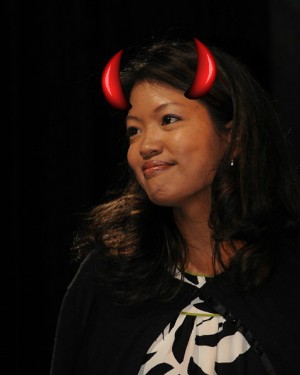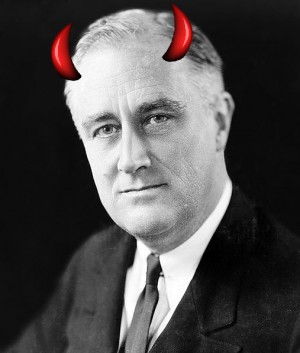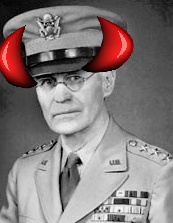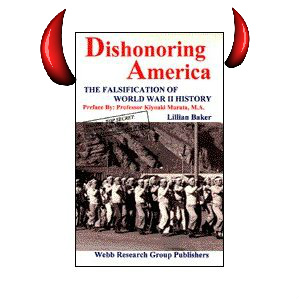February 19 will mark the 70th anniversary of the signing of Executive Order 9066 by President Franklin D. Roosevelt. The Executive Order eventually led to the unconstitutional incarceration of 120,000 Japanese Americans. In previous articles, I have chosen to commemorate this inauspicious anniversary by writing about non-Asian American and Japanese American women civil rights heroes.
But every hero needs a villain. And not all villains wear masks. Sometimes they are the people that either don’t protect the rights of others or perpetuate historical fictions to further their political agendas. In the case of Japanese Americans, there were/are plenty of villains so it was difficult to narrow them down to only five, but here is my list of people who deserve to live in “infamy”:
President Roosevelt signed Executive Order 9066 so he is ultimately the person who should be held responsible for it. The Munson report, which was made available to him, made it clear that Japanese Americans were not disloyal and therefore the forced relocation was not based on a military necessity bur racism. Many would argue that his decision was just wartime hysteria, but wartime hysteria is no excuse for the denial of civil rights for anyone. It should be noted that his wife, Eleanor Roosevelt, was opposed to the Executive Order 9066 and tried to persuade her husband against it.
General DeWitt was the person who recommended to President Roosevelt that Japanese Americans be removed from the West Coast. This despite the fact that “no sabotage by Japanese-Americans had yet been confirmed — but commented that this only proved “a disturbing and confirming indication that such action will be taken.” It didn’t matter to Dewitt that the vast majority (75%) of the Japanese Americans being removed were American citizens. According to him, a “Jap is a Jap.” What I find most galling about DeWitt is that once the Japanese Americans were gone he lifted the curfew on Italian and German Americans, who were presumably no longer a threat.
Baker was known as the Queen of the Revisionists. An amateur “historian” (I use that word very loosely) she fought Japanese American redress and reparations. According to her obituary in the LA Times, she believed Japanese Americans “were voluntary guests at the camp, free to leave as soon as they proved their loyalty. She maintained that the Japanese Americans, far from being incarcerated and unfairly treated, benefited from the education and free food they received at Manzanar.” Needless to say, she had no clue what she was talking about.

Malkin believes that not only was the incarceration of Japanese American justified but that the same tactics could be used on Muslim and Arab Americans today. Malkin’s arguments are scary because they show a stunning disregard for the Constitution and the lessons we should have learned from the Japanese American experience during World War II.
In 2010, the Texas Board of Education changed their curriculum to stress “that Germans and Italians as well as Japanese were interned in the United States during World War II, to counter the idea that the internment of Japanese was motivated by racism.” This is more revisionist history and does not fit with the facts. While it is true that Germans and Italians Americans were “interned” the difference was that only a small percentage of them were. This is in contrast to Japanese Americans, where the vast majority of the population was incarcerated. What accounts for the difference if not race? Military necessity? No, the Munson Report disproves that. But what scares me most is that they are teaching it to children and they will grow up believing it to be true.
Just in case you have any doubts that it was racism (not a military necessity) that led to the incarceration of Japanese Americans, you should read the Munson Report and also Years of Infamy by Michi Nishiura Weglyn.
- Excited
- Fascinated
- Amused
- Disgusted
- Sad
- Angry


 General John L DeWitt
General John L DeWitt








